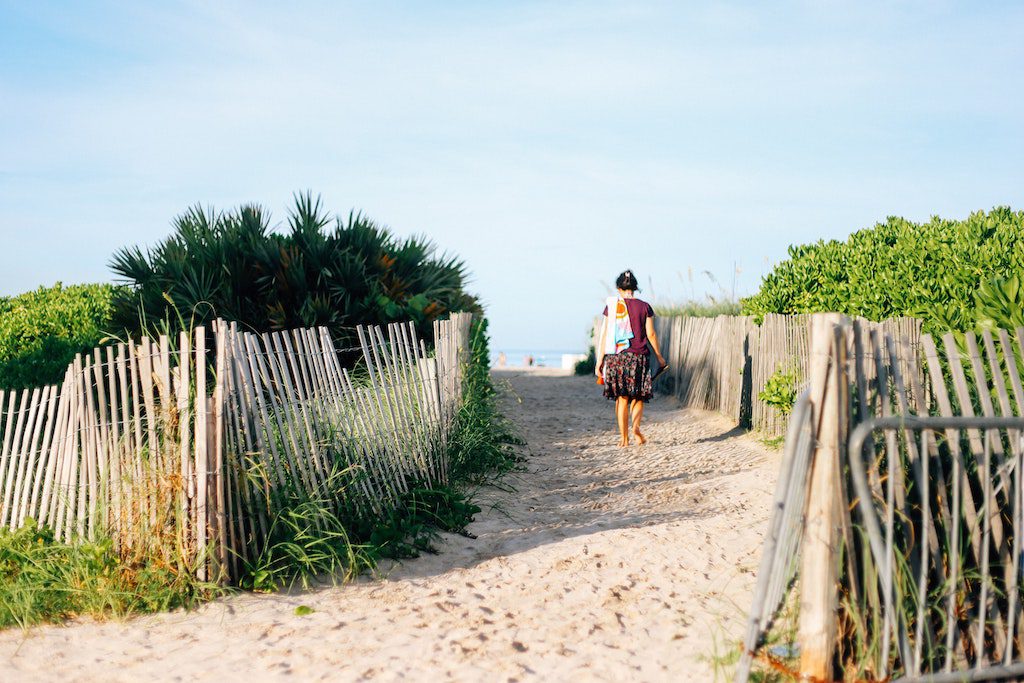Skift Take
This will be a summer like no other — and not in a good way for the travel industry. But it's vital that industry leaders prevent themselves from snapping back into business as usual.
Few things hold such a power on our memories than summertime does: Aperol Spritz, an ice cream cone, plunging underwater for the first time on a scorching day. And nothing is more synonymous with a carefree summer than travel.
Back in the early spring, when much of the world was asked to stay indoors, it was likely the promise of a summer vacation that got many through the days inside. It’s easy to forget that some initial lockdown orders were in place just for two or three weeks. Stay home now, the sentiment went, so we can enjoy the sweet relief of summer later.
But months on, we now know the Covid-19 crisis is, unfortunately, not that simple. It’s less a matter of returning to normal, and more finding a way to continue our lives with profoundly altered norms. And yet, as the temperature heats up and travel begins to reopen, albeit unevenly, it’s tempting to fall back in love with the promise of summer and all its possibilities. Indeed, no one is denying that the travel industry — which may lose up to 80 percent of international arrivals this year — certainly could use the kind of carefree summer that brings in revenue and economic relief.
However, travelers shouldn’t act as if everything is okay, and the travel industry plays a role in making sure they don’t. We need to accept, and perhaps even grieve, the months ahead for what they need to be: the summer that wasn’t.
Sure, summer travel will exist in some form this summer, but it should not live up to high seasons gone by. Unfortunately, the leaders of some countries seem incapable of communicating that nuance — it’s either full lockdown or a business as usual— and thus that role is going to unwittingly fall to the hospitality and travel businesses and officials.
That is by no means an ideal setup, but it’s the one this industry has to deal with, and it should face it with clear eyes. As restaurant owner Rob Anderson memorably described his decision-making process to reopen his restaurant in The Atlantic last week, “I’m not an epidemiologist or a fortune teller. But as I’m forced to make what could be life-and-death decisions — with little official support or guidance — I’m left no choice but to pretend I am.”
As Skift founder Rafat Ali wrote last week, hundreds of thousands of people have lost their lives in this pandemic, a scale of loss that we must make space to adequately grieve, even if we can’t wrap our minds around it. That immense loss is not the travel industry’s fault, but due to their role in facilitating human movement, it does bear a responsibility to make sure hundreds of thousands more don’t die because the world opened back up too soon, eager to plunge into summer mode.
Fortunately, as Covid-19 progresses we are getting a better idea of the so-called “spectrum of risk” it poses. Outdoor activities, where household groups can remain six feet apart and don’t touch common objects, pose a much lower risk than, say, a dinner party indoors or tightly packed pool party outside. Entering a favorite restaurant while wearing a mask to pick up takeout and consuming it somewhere outdoors is a much different calculation than a sit-down dinner at a restaurant indoors.
The good news is that opportunities abound during the warmer summer months for the activities on the lower end of this risk spectrum — but the travel and hospitality industry needs to make sure it’s offering and emphasizing those.
That said, there is no risk-free choice, and each activity is bound to be an imperfect calculation. While many destinations are promising the ability to social distance, for example, the reality is that the only way that works is if less people travel and/or a destination’s infrastructure and urban planning is changed to accommodate it. Promising wide open space is not enough, there have to be actions to bolster that promise.
It’s important to acknowledge that a summer unfulfilled is heartbreaking for infinite reasons, and it’s something that the travel industry will be deeply hurt and forever changed by. But the alternative is unimaginably worse.
The Daily Newsletter
Our daily coverage of the global travel industry. Written by editors and analysts from across Skift’s brands.
Have a confidential tip for Skift? Get in touch
Tags: coronavirus, hospitality, summer, travel
Photo credit: A summer like no other. Orlando Marty / Unsplash
